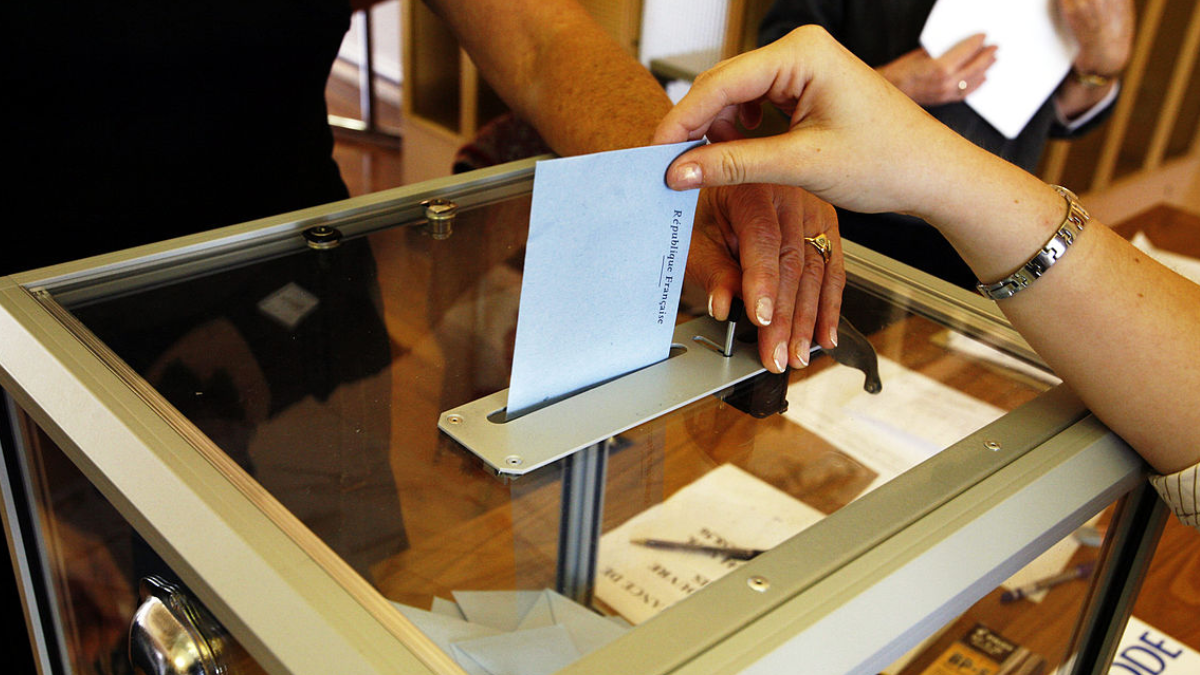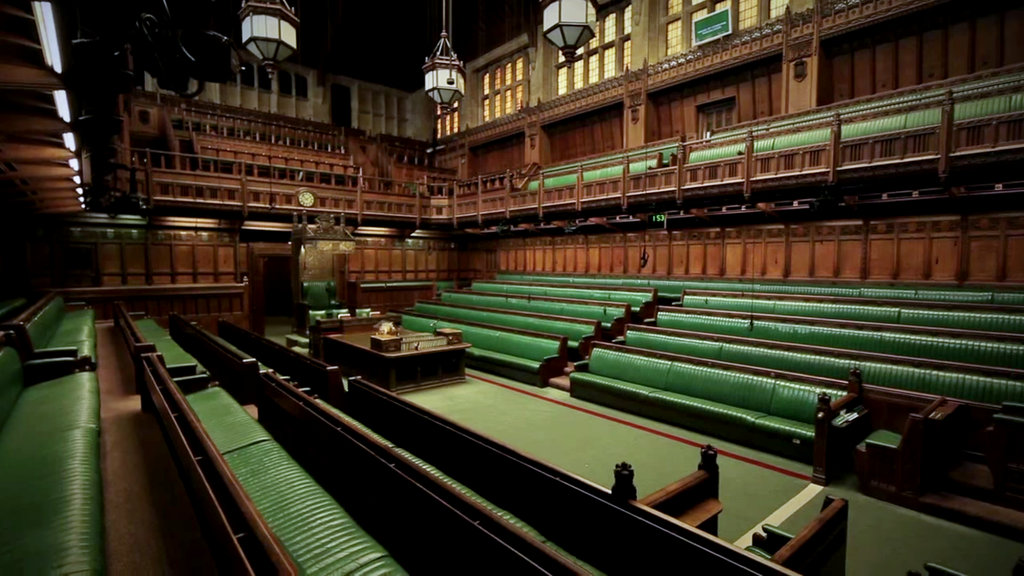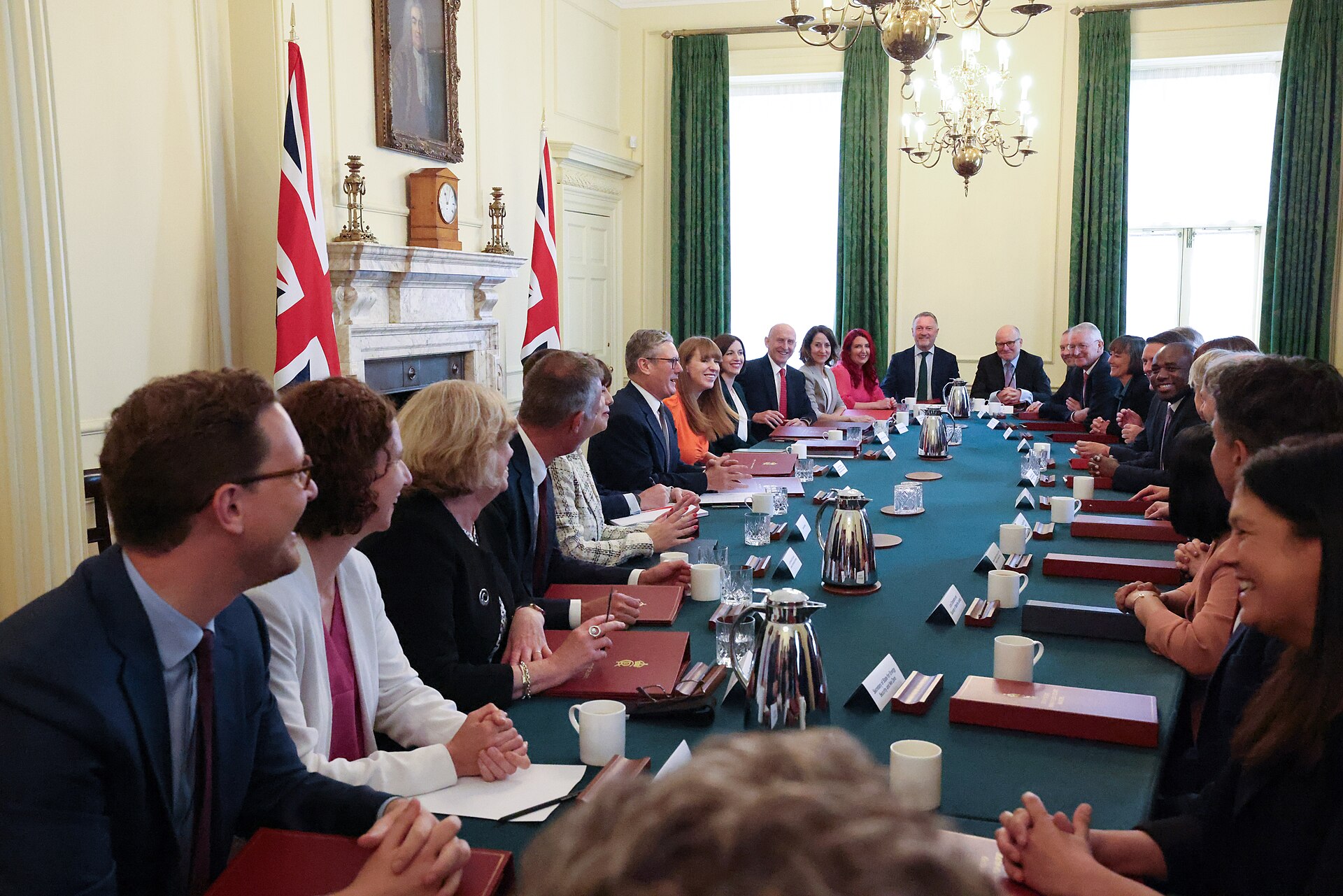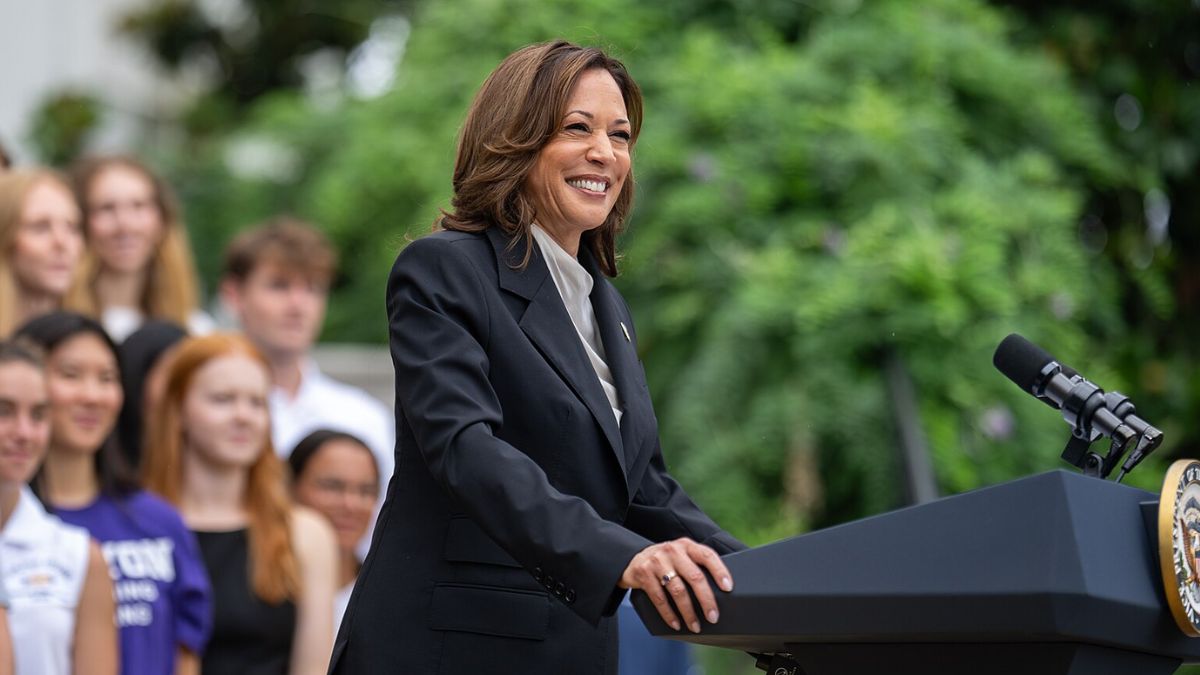Boris Johnson’s resignation from the Commons was disruptive, to say the least. Preceded by Nadine Dorries, and followed by Nigel Adams, the former Prime Minister’s announcement stole the headlines, perhaps in a means of avoiding the Privileges Committee’s damning ’Partygate’ report.
Yet shortly after came another announcement, this time from Nigel Farage, who publicly voiced the possibility of joining forces with Johnson to help protect the “Brexit legacy” from a “Remainer revenge”.
Since then, the Committee has released a new report specifically on interference in the investigation into Johnson. It outlines that some of his staunchest parliamentary supporters launched “vociferous attacks” on the Committee. With more cries of an ‘establishment witch hunt’, could there be an opportunity for a Farage-Johnson backlash in the form of an electoral agreement?
Such a partnership would be music to the ears of a certain Brexit-voting hardcore population; but what is the realistic possibility of a Johnson-Farage party, and what would it mean for British politics?
Could it work?
Both men are depicted as figureheads for the anti-establishment, populist right-wing in the UK – perhaps an odd depiction, given Johnson’s time in Number 10, but his maverick persona and rule-breaking attitude are usually credited with lending him such credentials. Farage, on the other hand, is renowned for his outsider status that he often trades on to bolster the image of a challenger for the ‘man in the street’ against the system. Combined, you would think there was a possibility that a partnership to counter the “Brexit stitch-up” could work.
Proposing a party that would ultimately be united around protecting the “Brexit legacy”, which Farage described as the biggest issue of our age, the announcement was likely an attempt to capitalise on the sense amongst some Conservative Party members that Brexit has been “betrayed”. Given that both men can owe their ultimate political successes to the Brexit project, there may be enough of a shared interest in continuing to campaign on the slogan of “get Brexit finished” – though this may equally dissuade Brexit sympathisers who are simply exhausted by the word.
There is the possibility of capitalising on a niche subset of donors and MPs who have become tired and sceptical of the Conservative Party – but to be frank, the party has been losing donors for a while, and there are many, many more donors out there who would probably be interested anyway.
Meanwhile, there is no doubt that each man has a particular ability to court attention – offering both challenges and possibilities. Any new party spearheaded by the two would have no trouble in gaining media attention and potentially forging a narrative appealing to a portion of the British public inspired by populist rhetoric and perceived authenticity; but, as is so often the case, when two big personalities collide, the dynamic can become fractious as each try to be the face of the campaign.
Difference in legacies
This is clearly something that Farage is aware of; even in the announcement he claimed that, despite the obvious ideological differences between the two men, Johnson’s history of political malleability presents the opportunity for an alliance. But one thing that he clearly does not appreciate is that Johnson was at the pinnacle of British politics for over three years; his legacy extends past Brexit, whilst Farage’s career has been almost entirely centred on it.
Except for a few short months at the beginning, Johnson’s tenure as Prime Minister was dictated by the Covid-19 pandemic, to such an extent that, in his resignation statement, he reminded the country of the successes in the vaccine rollout. This would be held in stark contrast with Farage’s notorious criticisms of the way in which Covid was dealt with. This would no doubt be a problematic line between them, especially given his public denouncement of Johnson’s leadership as well as claiming the vaccines were a waste of taxpayers money.
Johnson and Farage could put their difference aside over Covid-19, putting it in the past and focusing on the, somehow still, pressing issue of Brexit; but even then, there might be problems. Farage has made it clear that he believes Brexit was a failure, because of the Johnson Government’s failure to fully capitalise on the opportunities it presented. In January this year, Farage said that Johnson ‘dropped the ball’ on Brexit.
The disagreements do not stop there – Farage has been overtly critical of Johnson’s penchant for net zero and green initiatives, referring to the goal as ‘net zero, net stupid’ and wanting a referendum on the matter. He also condemned Johnson’s government for its National Insurance hike in 2022, and has taken a firm stance against Johnson’s tax policy. Meanwhile, Johnson has suggested Farage ‘speaks for the Kremlin’ over Ukraine. Not the most agreeable partnership to start a party with.
Going forward
Which leads us to ask an important question: would Johnson really feel as though he would benefit from partnering with Farage?
As it stands, probably not. Just like all former prime ministers, Johnson is likely to be concerned with protecting his legacy and justify his decisions, and on the two pressing issues of Johnson’s government – Brexit and the pandemic – an alliance with Farage would do too much damage to Johnson’s reputation – and his ego.
Despite Farage’s claim that 10 MPs could join their new party, Professor Sir John Curtice said while Johnson and Farage could “do an awful lot of damage” to the Conservatives by coming together, they are unlikely to win an election. However, even within Brexit-supporting Conservative circles, Johnson has been described as a “pound shop Nigel Farage” – hardly a springboard to electoral success.
Ultimately the likelihood of Boris Johnson and Nigel Farage establishing and running a new party is unlikely. However, the potential for each man to use the other’s reputation to create a political vehicle to influence the direction of British politics is much more plausible.







